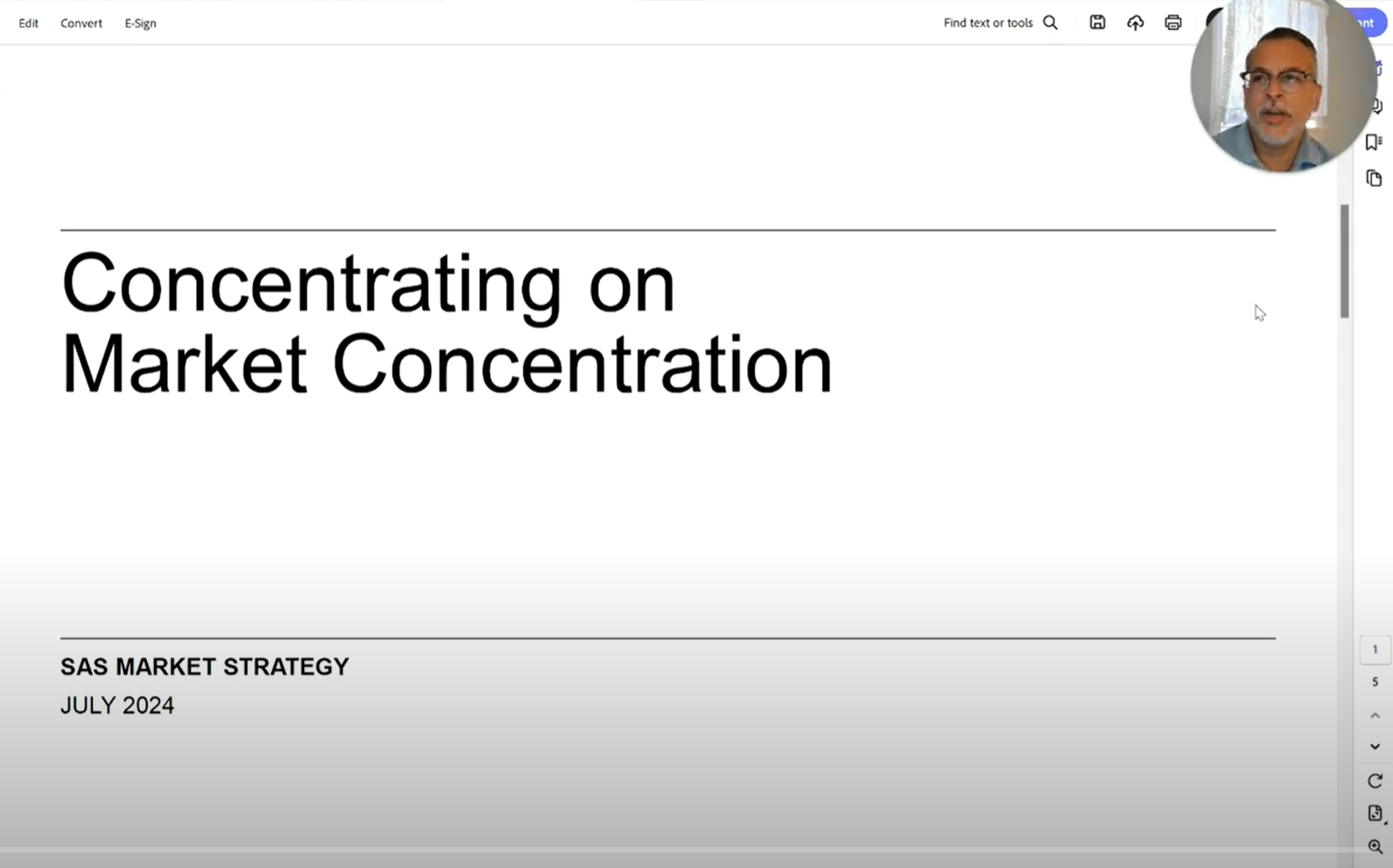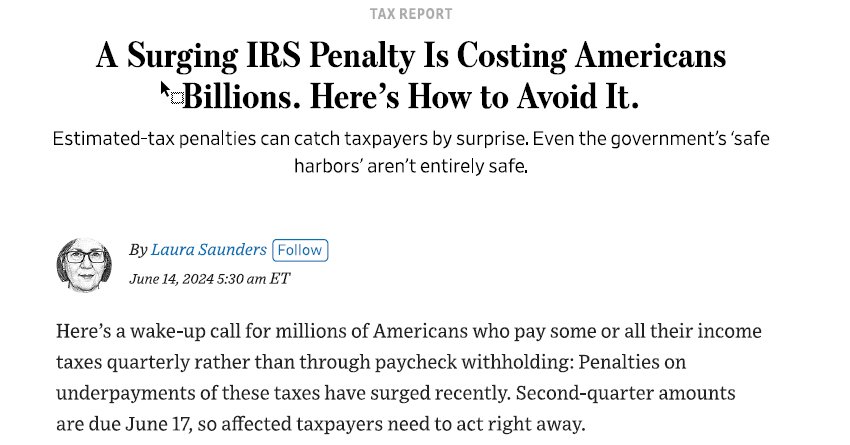As you may have seen, in the last 48 hours Silicon Valley Bank was taken over by their regulator, after suffering a run on its deposits (think: It’s a Wonderful Life). It had 220 Billion in assets and a market capitalization of 16 Billion less than 2 days ago.
This is still unfolding and it is not yet clear whether un-insured depositors will be made whole, but regardless, there are many SIVB clients and employees that will be dealing with some difficult days ahead. For many of us, seeing these headlines brought back unpleasant memories of the last time we had bank runs – Lehman Bros’ in ’08.
So, how are we thinking about this?
1. Your cash in the bank:
These episodes remind us that in managing cash reserves you always want to stay under the FDIC insurance limits (basically $250,000 for individual accounts and $500,000 for jointly owned accounts), even if it means settling for a lower yield. Money market vehicles within your brokerage account are another option for safety. While not FDIC insured the makeup of those money market funds would be US Treasuries which should provide that level of sleep at night security for you.
2. Broader impact on economy/markets & your portfolio:
All in all, the most important thing to note is that SIVB represents a tiny % of the large cap index. Overall market sentiment is negative – as reflected by the drop of the last 2 days – but this is more a reflection of fears that the Fed will raise interest rates even higher to cool inflation. This may end up tipping the economy into a recession – but that is far from a foregone conclusion. We will see. Long term, the clients of SIVB will find a new bank to handle their deposits, and the market for venture investing will come back – as it always does.
The bond/stock portfolio for investors may feel some temporary pain from today’s event… but we will no doubt recover as long as we stay disciplined and invested through the cycle.
There was virtually NO advance warning that this would unfold. In talking to some very bright finance pros that banked at SIVB there was little or no indication of trouble as recently as 2 days ago. The overwhelming majority of SIVB’s client deposits are from businesses, but still there will be many startup/young companies who will be wondering if their funds are gone.
The sell off in the broader banking sector notwithstanding, at this point it looks like the root causes of SIVB’s demise are mostly unique to them. No other large (or small) bank comes even close to the concentration they have among Venture Capital funds and their portfolio of start-ups. There are other unique factors, which are too technical to explore in a blog post. There may yet be other banks that run into problems, but system-wide our banks are in a much better place than in the Lehman days.
Before Lehman, it was very common to have dozens of banks fail every year… without bringing down the whole economy.
Finally, this episode re-enforces our view that broadly-diversified index-tracking funds is the best way to avoid permanent loss of capital. Silicon Valley Bank (SIVB)’s stock price closed at 268 on Wednesday and 36 hours later it is effectively worth zero. This is the type of permanent loss that comes from concentrated bets even in ‘blue-chip’ well-known names. SIVB joins a club that includes Enron, Worldcom, Washington-Mutual, Lehman, etc.
-Rene













